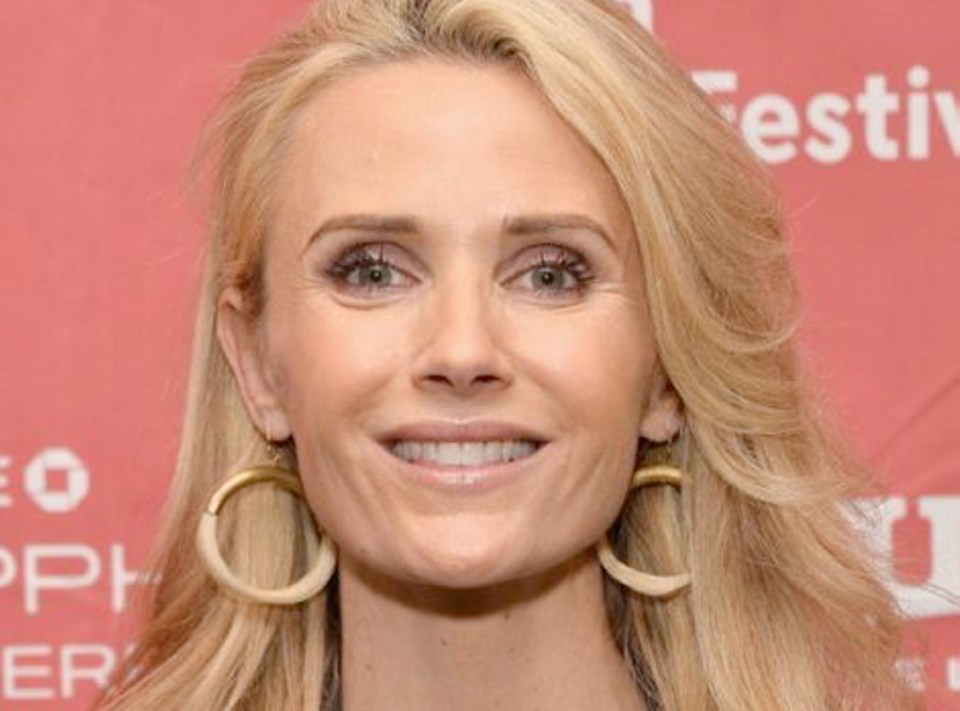Kevin was out of town when his father died. He didn’t want to appear weak before his friends. So the high-school student kept his pain and guilt bottled up, slowly tearing him apart from the inside.
Kevin (his name has been changed to protect his privacy) eventually joined a boys’ support group at his school in California. In the confidentiality of a meeting room, teacher Ashanti Branch encouraged the boys to drop the tough-guy masks they routinely wore in the halls and share the feelings they were afraid to admit.
When Kevin finally let go of his stoic façade, months of emotion spilled out. He hugged his basketball as the tears flowed. Without a word, the boy in the next seat reached out and rested a hand on Kevin’s back.
For American documentary filmmaker Jennifer Siebel Newsom, that’s one of the most powerful moments in her latest film The Mask You Live In, which premiered to standing ovations at the prestigious Sundance Film Festival in January.
The film is an uncompromising examination of the way our culture defines masculinity and how, because of it, our society is failing boys.
The idea for Mask was born in 2011 as Newsom toured the world promoting her film Miss Representation — an exploration of female stereotypes and how our culture and media portray women in positions of power.
Newsom told us she heard the same question from one audience after another: What about our boys? How do we help them to be a solution?
Newsom dug into research to discover alarming statistics on young men’s suicide and dropout rates, and studied how cultural influences portray masculinity. She realized this was the flip side of the same coin she studied in Miss Representation.
As much as women were subjected to harmful gender roles, so were men.
We were fortunate to grow up in a home where our dad saw nothing wrong with a man doing the housework, and encouraged us to be open about our feelings. We never heard phrases like “man up” or “grow a pair.” But among the thousands of youth we meet every year, and those Newsom interviews in her film, we see far too many boys who learned that being a man means hiding your feelings, admitting no pain or weakness.
Boys and young men often erect a front of dominance, control, even aggression, because they believe that is what is expected of them.
“Boys are made to wear a mask that separates who they are from who they have to pretend to be to the world, and that creates a toxic culture,” Newsom said. “We’re harming our boys and ourselves by forcing them into this straitjacket.”
That toxic culture has tragic consequences. In Canada, the male suicide rate is three times that of women. Boys are three to five times more likely to drop out of high school than girls.
And the problem manifests in other, subtler ways. In the cult of the hyper-masculine, boys don’t learn empathy to the same degree as girls. A new study published by Stanford University researchers in January found that men were less likely than women to volunteer time or donate money to poverty-fighting causes, corresponding to lower levels of empathy.
In March, The Mask You Live In will be available to the public. Newsom hopes her film will spark a conversation and a movement in society toward a healthier definition of masculinity.
It has already had an impact on audiences who have viewed it. Following the sold-out première at Sundance, male audience members approached Newsom, their eyes still red from tears, saying the film had changed their lives.
We have written many times about the challenges facing women and girls — inequality, harassment, violence.
Always people respond with the same question, What about our boys? The issues facing both genders are inseparable. We can’t change how our society fails girls without simultaneously changing how it fails boys.
Visit The Representation Project website for more information on screening The Mask You Live In in your community or school: therepresentationproject.org/
Brothers Craig and Marc Kielburger founded a platform for social change that includes the international charity, Free The Children, the social enterprise, Me to We, and the youth empowerment movement, We Day.



